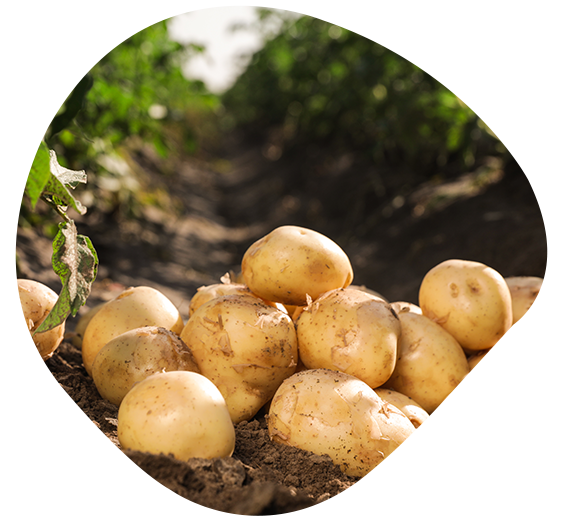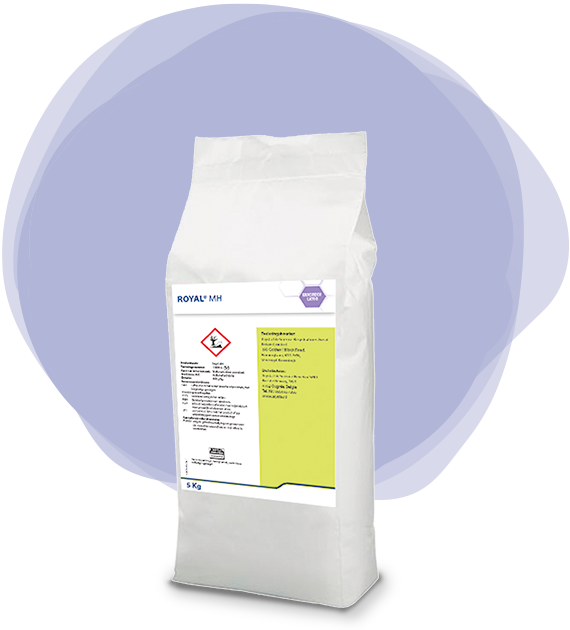In potatoes, dormancy is the physiological state of the tuber in which autonomous sprout growth will not occur within a few weeks, even when the tuber is kept in conditions ideal for sprout growth.
Potatoes start to sprout naturally a few weeks after harvest. Perfect control of storage conditions generally saves a few weeks. This is the case in professional storage buildings, with equipment that allows darkness, temperature and humidity to be controlled very precisely, to limit germination pressure as much as possible.

Our Solutions
UPL CROP SERVICE MODEL
How do you best use the sprout inhibitor Argos in potato storage?
Stewardship - Application
ARGOS is an effective natural potato sprout inhibitor used as a stand-alone product or as a perfect key element of modern potato sprouting management programme combining in-field use of FAZOR / ROYAL MH and in-store ARGOS treatments. Together they will ensure full season control.
The correct application timing and quality of FAZOR / ROYAL MH and ARGOS are essential in maximizing performance and preventing internal germs development and control sprouts effectively.
The dose rates and applications timings for full season are dependent on many factors:
- Seed health, crop growing / harvesting conditions
- Crop dormancy / Quality at harvest
- Variety stored
- Crop holding temperature
- Ambient ventilation and/or refrigeration
- Store construction
- Store fill-level
Prevent internal germs development
FAZOR / ROYAL MH is a plant growth regulator applied in the field before potato harvest. The right time of application will be important to prevent potato germination in store.

Control sprouts effectively.
ARGOS is applied by fogging equipment in storage, for longer storage periods, necessary for the availability of tubers between two potato harvests, ARGOS can further delay germination, while preserving the weight and quality of the tubers as much as possible.














